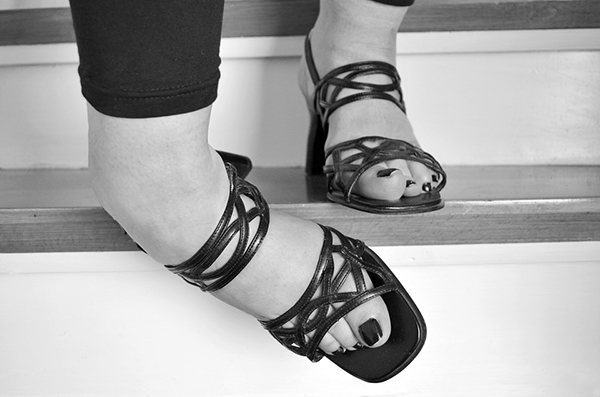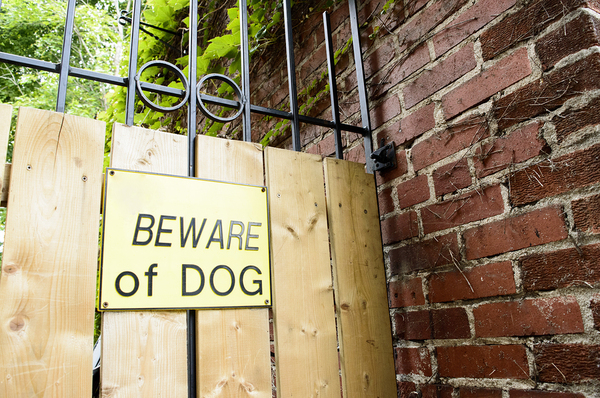On average about 1 out of 10 people file an injury claim at some point in their lives. Injuries in the home are often the problem. So, before you freak out about someone getting hurt in your home, it’s good to know what your rights are and what courses of action you can take.
As a property owner, you are responsible for maintaining a safe environment. If the pizza delivery guy slips and falls because you have a broken step or an oily driveway, he has every right to try and sue you. So does the neighbor who fractured his ankle due to your uneven sidewalk as well as the third cousin who tripped on the garden hose and now has a fractured leg. The list of hazards you can be held responsible for is long too: it could be a rug that caused a fall, even loose steps inside or outside your home.
Whether or not you’ll be held accountable for these accidents largely depends on liability. Liability just means being held responsible according to laws and procedures of the state where the accident(s) happened. This is where homeowners insurance and renter’s insurance are absolutely necessary to have. Both types of coverage usually pay for most, if not all, attorney fees fighting liability for the injuries beyond what’s covered by insurance.
Important things to keep in mind:
- The injured party must report the incident soon after the accident for the claim to be considered. If they stall, they may not be able to make a claim.
- If you do not allow the injured party to contact your insurance company, they may sue you and all that information will become public anyway.
- Your homeowners’ policy has two parts: liability and medical payments. Medical payments is often a no-fault coverage; often, the injured party is covered according to the limits, which are usually $5,000 or $10,000 but can be less or more depending on the coverage you elected. However, the injured party has to prove negligence and unsafe conditions on the property to be paid out for the liability portion of the claim. The conditions must prove to be “unreasonably unsafe.â€
- If a claim is made against your insurance, have your adjuster get a statement from the injured party. Often a statement does not work in the other party’s favor unless he or she has an attorney, which in most cases they will not have unless they are suing you.
- You are still open to getting sued after a settlement is reached, if the injured party does not feel he or she got proper compensation.
- Some carriers may try to drop you even after one claim.
- Stair accidents are often due to negligence on the part of the owner, but simply tripping on them does not always mean they are unreasonably unsafe stairs. Other factors that often prove negligence: no handrails, varying heights of each step and poorly placed carpets, rugs or runners on stairs.
- An injured party may prove negligence on your part if they trip on a rug without grip pads beneath them. Even carpets with holes that can cause snags show negligence.
- If floors are wet or waxed and no care is taken to warn of caution, your insurance may have no choice but to pay out the injured party.
- Slipping or falling on snow or ice is not an easy case to win and settlement values for this are pretty low.
- Make sure your sidewalks are in good shape. A broken piece of cement on your property can bring forth negligence claims.
- If the other party does not have documentation of the accident scene and the injuries, they do not have a solid case.
- You cannot file a claim if you get hurt on your own property.
- If your home is under construction, workers can make a claim against your policy.
- Your homeowners policy (even renter’s insurance) will provide your legal defense in the case that you are sued.
It’s important to have homeowners or renters insurance for many reasons, lawsuits in the case of injuries is just one of them. To learn more about what is covered by these two types of insurance click here. To find out which are the lowest rates that will still protect you, contact an Insurance Specialist who is knowledgeable and trustworthy: (888)772-4247.
The information in this article was obtained from various sources. This content is offered for educational purposes only and does not represent contractual agreements, nor is it intended to replace manuals or instructions provided by the manufacturer or the advice of a qualified professional. The definitions, terms, and coverage in a given policy may be different than those suggested here and such policy will be governed by the language contained therein. No warranty or appropriateness for a specific purpose is expressed or implied.



